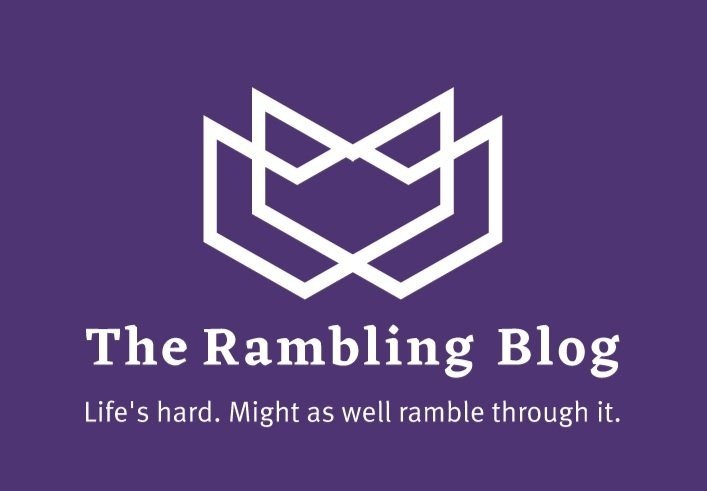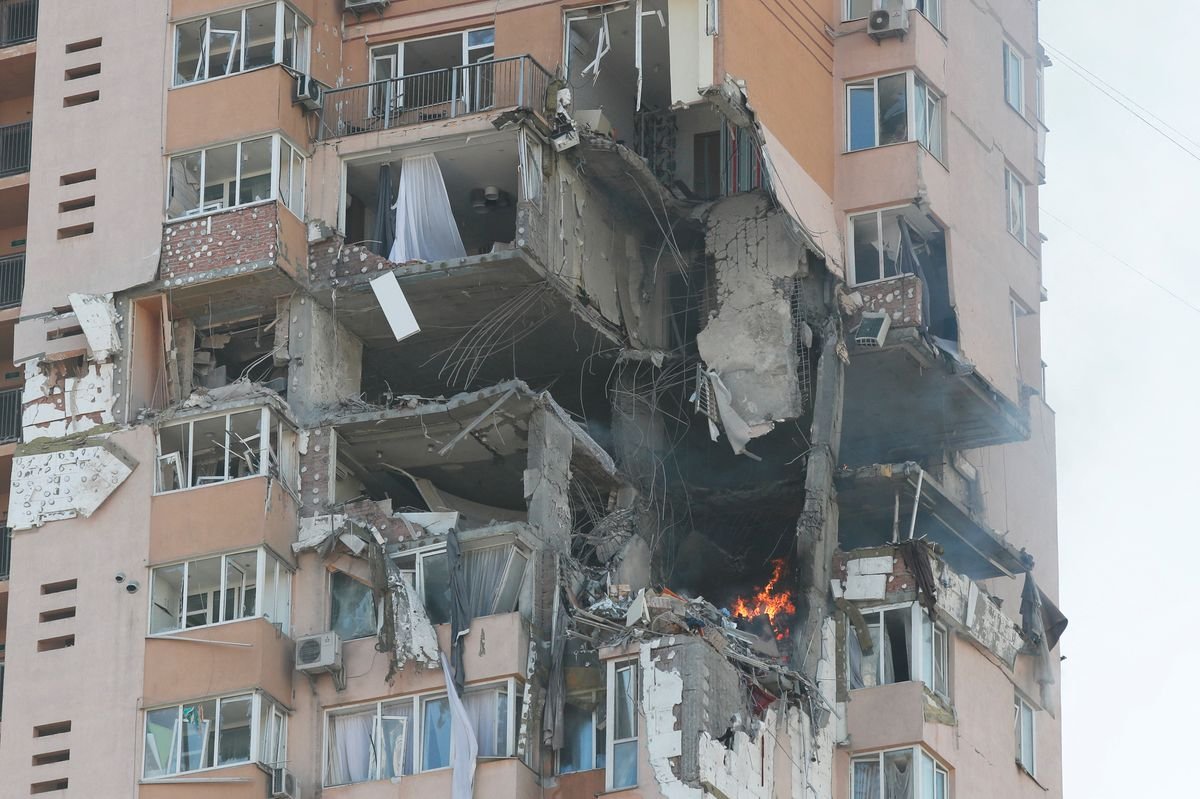Thoughts On the Ukranian Defense, and Why It Isn’t World War III (yet)
Today is the third day of the Russian invasion of Ukraine. The Russian army has moved in, and they are now bombing and fighting in Kyiv. The Ukrainian people are rallied to fight against Russia, but even with the support of weapons and supplies from Western Europe and the U.S., their chances of winning or thwarting Russia are slim. Russia has a bigger, better financed military. Russia was so confident in their might that they believed they could roll right over eastern Ukraine and day the capital within a day. Instead, Ukraine has slowed the Russian advance, Kyiv still stands, and Ukrainians fight while the rest of the world watches. While we sit at home comfortably, fretting about how this might impact us or Western Europe, Ukrainian people are fighting and dying for their country in what is surely a lost war. All of the news reports are lauding the fighters, while at the same time releasing stories like "Even If Russia Wins, It Won't Do So Easily.”
The international community seems resigned to the fact that Russia will, inevitably, take over control of Ukraine. In the history books, will this the inciting incident of World War III? Are we watching our generation’s version of the Nazi invasion of Poland? While we all selfishly concern ourselves with our own country’s ultimate safety, there are still actions that can be taken that could prevent a complete, multi-national World War. The world is more globally connected, and countries including Russia are therefore more reliant on global systems, including banking, trading, agriculture, and more. This reliance on systems controlled or heavily influenced by the US and European NATO nations means that we hold the keys to deal severe economic sanctions to damage Russia in ways that countries couldn’t in the mid-twentieth century.
The US and EU countries are already ordering sanctions on Russia, but there are still further measures that can and should be taken against Russia. For example, in addition to devastating economic sanctions, countries are considering banning Russia from the SWIFT banking system, which would lock Russian businesses out of a majority of international trade.
There are many reasons to believe that this will not become the inciting incident for World War III. First, the advent of social media is a powerful tool against state-sponsored narratives. This is an important development that allows not only Russians, but the world, to see the devastation of this war on Ukrainians in real-time, which will continue to turn Russian public sentiment against Putin. It also subverts the state-controlled Russian news narrative, undermining any legitimacy that Putin and his cronies try to give for this invasion. Social media is of course not only a force for good. Russia is an expert at the disinformation war, hosting troll farms that have fed misinformation on Twitter and other social media for years. Luckily, the US and UK are implementing new intelligence strategies to help combat this misinformation, most of which have been successful at undermining Russian narratives.
The other factor is that despite high Russian approval for Putin, Russians do not desire war with Ukraine. When polled, 51% of Russians say that Ukraine and Russia should be friends but operate as independent nations. As this invasion continues that sentiment is likely to increase, as war is extremely unpopular among Russian people. There have also been protests in Moscow, Saint Petersburg, and other large Russian cities to protest Putin’s unjustified invasion of Ukraine. As support for Putin and the war decreases and the people suffer under harsh sanctions from the international community, there will come a national tolerance level at which Putin will have to pump the breaks, lest the country fall into chaos.
What can the average American citizen do? If you think things feel hopeless, here are a few things you can try:
Live your life – Remember that this war isn’t about you, and at the end of the day, your direct impact on global events is small. You still have a duty to take care of your friends, your family, and yourself.
Support Ukraine and Ukrainians – If you have Ukrainian family or friends near you, support them. If they want to talk about the events, let them. More importantly, though, respect their privacy and boundaries if they DON’T want to talk about these events.
Follow trustworthy sites – Don’t share articles or tweets without knowing and trusting the source. Verify everything, and be skeptical of pro-Russia stories, which include videos, Tik Toks, and more.
Don’t follow red herrings – In crises like these, people will point the finger and say, “America has done equally bad or worse things to undermine the foreign sovereignty of other countries! We have no right to judge the actions of Russia!” While we have an abysmal and reprehensible history of regime change in Latin America, this does not excuse the actions of a Russian invasion. Our genocide of Native American’s doesn’t excuse China’s ongoing genocide of the Uighur people, and our backing of coups doesn’t excuse Russia’s invasion of Ukraine.
Small Gestures Matter – In your interpersonal interactions, don’t hesitate to support Ukraine, and be supportive of our government’s efforts to help the people of Ukraine. Call or write your Congressional representatives and let them know their support of Ukraine is important, which includes spending money on both military and humanitarian aid.
More than anything else, try as best you can to hold these conflicting truths in your mind simultaneously: the current events of the world are not my direct responsibility, but I have a duty to positively impact change in whatever small way I can.


